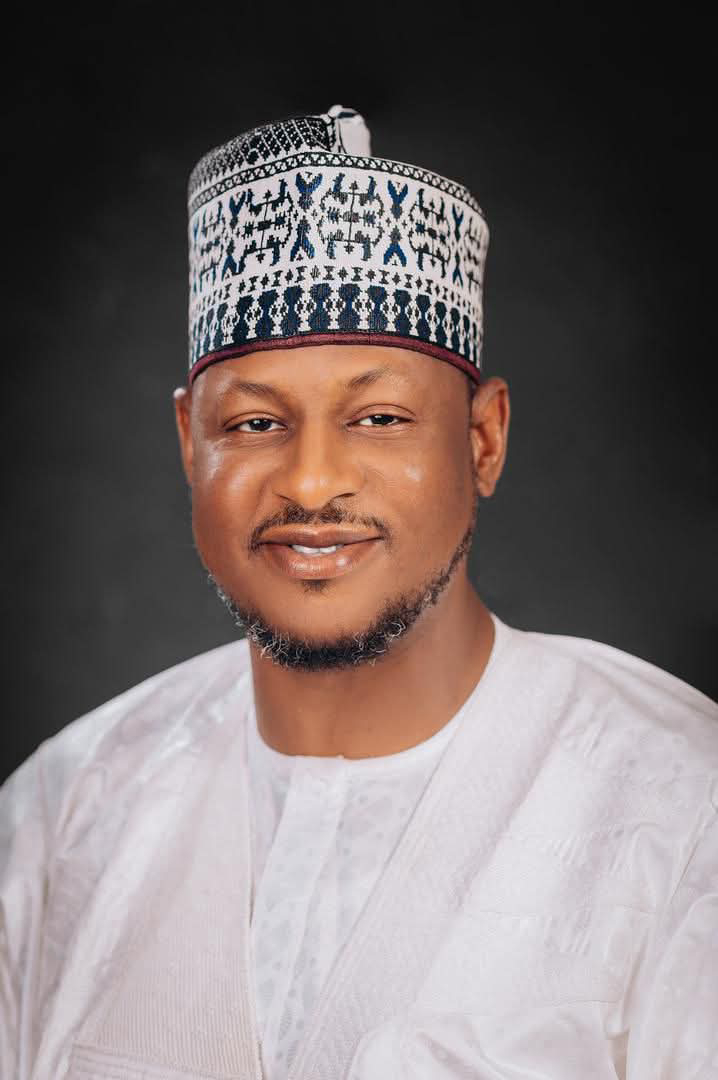In a groundbreaking effort to address internal displacement and vulnerability in Katsina State, Governor Dikko Umaru Radda has unveiled the Katsina State Policy on Internally Displaced Persons (IDPs) and the accompanying State Action Plan on Durable Solutions—a bold and compassionate initiative that reflects his unrelenting commitment to the less privileged.
But this isn’t a new chapter in Governor Radda’s story—it’s a continuation of a legacy. Long before becoming governor, Dr. Radda had already demonstrated deep concern for the poor, the displaced, and the underserved through the Gwagware Foundation, a humanitarian platform he personally founded. Since its inception, the Foundation has transformed lives across all 34 local government areas in Katsina State with practical and impactful interventions.
Under the leadership of Alhaji Yusuf Aliyu Musawa (Talban Musawa II), the Gwagware Foundation has continued to uplift vulnerable communities through a wide range of programs. Just in the past year, the Foundation has carried out humanitarian projects that touch nearly every aspect of human need.
Some highlights include:
Prisoner Rehabilitation: Securing the release of 15 inmates by settling over ₦2 million in fines for those held over minor debts.
Education & Religious Promotion: Supporting Quranic competitions and investing ₦40 million in an educational support programme for out-of-school children.
Healthcare Support: Providing ₦1 million in medical assistance and partnering for free cataract surgeries in rural areas.
Economic Empowerment: Disbursing financial aid to over 3,000 small-scale entrepreneurs, including women vendors, youth, and people with disabilities.
Direct IDP Support: Distributing food, cash, blankets, and jackets to IDPs and vulnerable groups, especially during festive seasons and harsh weather conditions.
Youth & Digital Empowerment: Training 150 young people on digital content creation during World Literacy Day 2024.
The launch of the Katsina State IDP Policy and five-year Action Plan marks a historic first for the Northwest region. It provides a structured, rights-based approach to prevent displacement, protect affected persons, and offer durable solutions through safe return, local integration, or voluntary resettlement.
The costed, time-bound roadmap covers:
* Shelter and housing
* Healthcare and psychosocial support
* Legal identity and education
* Livelihood empowerment
* Access to basic services
At a Town Hall meeting organized with support from the World Bank and UNDP, Governor Radda—represented by his Deputy, Farouk Lawal Jobe—emphasized:
“This policy signals our firm resolve to build a Katsina where no one is left behind; where the most vulnerable among us are seen, heard, and protected.”
Governor Radda’s commitment to displaced persons and victims of insecurity was clear from the very beginning of his administration. Shortly after taking office, he appointed Alhaji Sa’idu Ibrahim Danja as Senior Special Assistant (SSA) on Banditry and Internally Displaced Persons (IDPs).
Alhaji Sa'idu Ibrahim Danja, SSA Banditry and IDPs
As contained in a statement issued by the Chief Press Secretary to the Governor, Danja is responsible for coordinating efforts to support victims of banditry and displacement, working closely with government agencies, development partners, and community leaders. His portfolio includes developing and implementing initiatives that ensure access to shelter, healthcare, education, and livelihood opportunities for affected individuals and households.
This strategic appointment not only reaffirms the Governor's concern for the humanitarian crisis in Katsina but also guarantees that long-term support mechanisms are built into the governance structure of the state.
Whether through the Gwagware Foundation or state-level policy, Governor Radda has consistently prioritized those who are often forgotten. His inclusive governance model embraces orphans, prisoners, widows, IDPs, people with disabilities, women, youth, and small-scale business owners—ensuring that development reaches the grassroots.
In a time when displacement often means despair, Katsina under Governor Radda is demonstrating that it can also mean renewal, resilience, and recovery.
As the final validation of the IDP Policy progresses, one thing is clear: Governor Dikko Radda is not just administering a state—he is restoring dignity, rebuilding lives, and laying the foundation for lasting hope in Katsina.
Written by: Ahmed Abdulkadir, Board Chairman, Katsina State Radio and Television Services.
Tags
Articles





